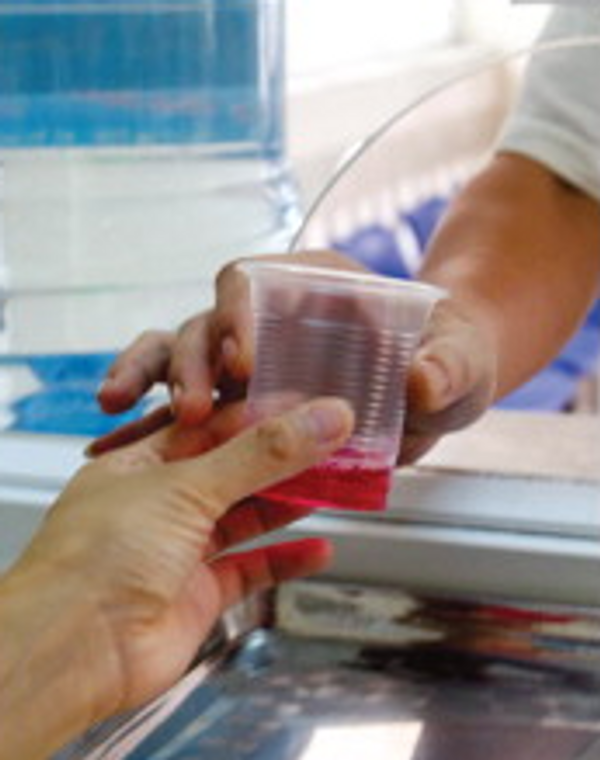Preocupación por el futuro de la terapia de sustitución de opioides en Crimea
Crimea amenaza con obligar a cientos de personas que usan drogas a retomar su dependencia o convertirse en refugiadas, ya que los programas de sustitución de opioides parecen tener los días contados.
Más información, en inglés, está disponible abajo.
Suscríbase a las Alertas mensuales del IDPC para recibir información sobre cuestiones relacionadas con políticas sobre drogas.
By Ed Holt
Under Russian control, opioid substitution therapy for hundreds of Crimeans could come to an abrupt end. Ed Holt spoke to patients and providers in the peninsula about their concerns.
Russia's annexation of Crimea is threatening to force hundreds of people who use drugs back into addiction or turn them into refugees as opioid substitution treatment (OST) programmes in the region seem set to end.
People who inject illicit drugs in Crimea, which, following a controversial March 16 referendum, will become part of Russia possibly within months, have had access to OST in Ukraine for years. Indeed, Ukraine's recent reduction of new HIV infections has been put down to the widespread implementation of harm reduction programmes.
But Russian law forbids the provision of OST and organisations working to provide services to people who use drugs in Crimea say there is now a question mark over the fate of the more than 800 people receiving OST in the region. Irina Potapova, coordinator for OST for the International HIV/AIDS Alliance in Ukraine, which runs harm reduction programmes in Crimean cities, tells The Lancet: “In the worst-case scenario, hundreds of patients would be forced to become refugees and seek treatment in mainland Ukraine.”
Please, click here to read the full article.
Keep up-to-date with drug policy developments by subscribing to the IDPC Monthly Alert.
